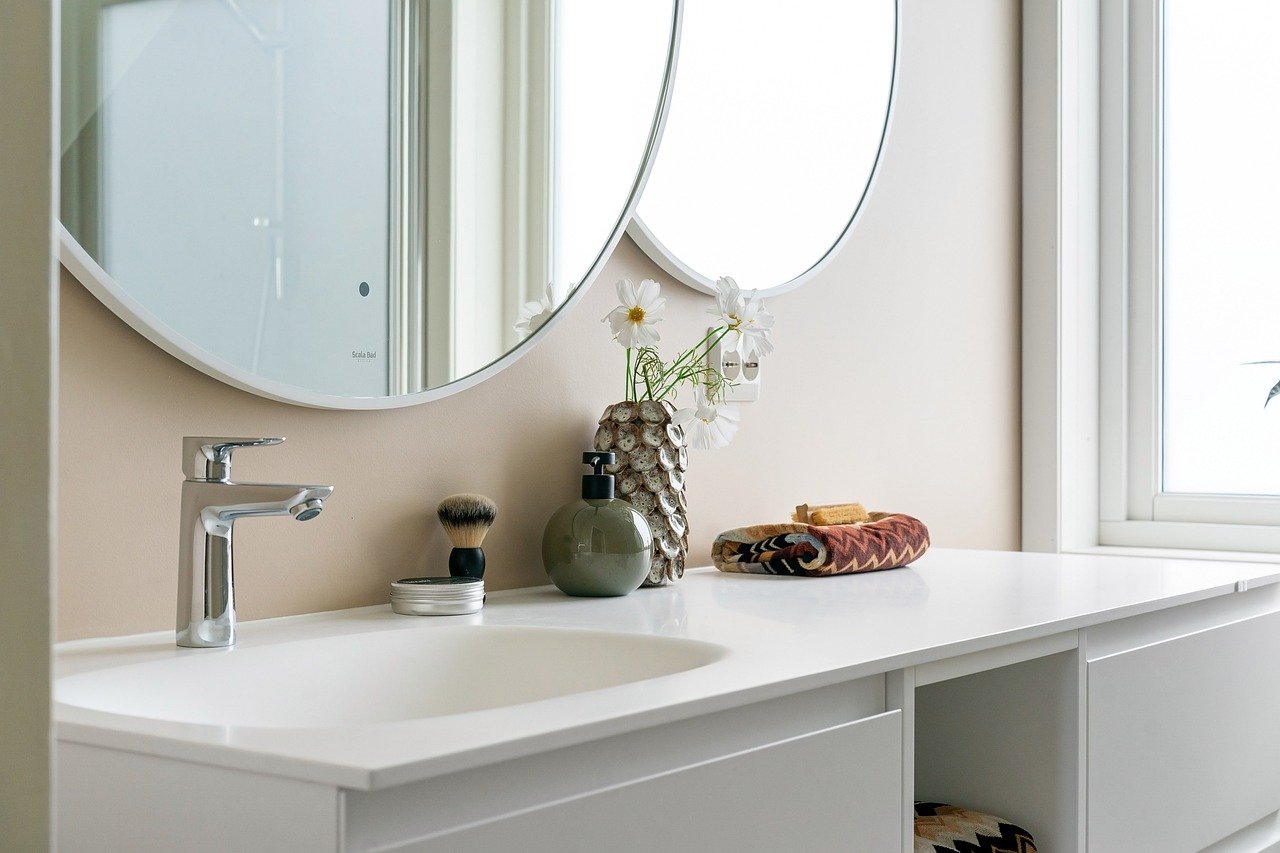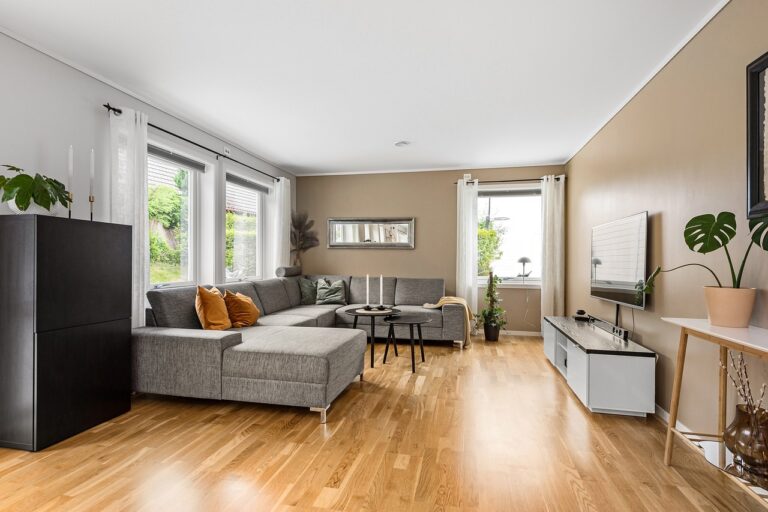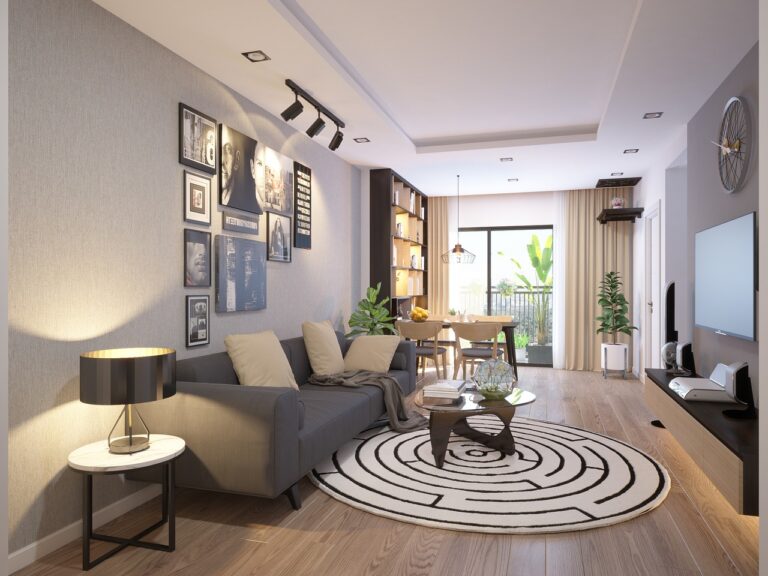How to Enhance Home Ventilation for Pet Owners: Betbhai9 id whatsapp number, Playexch login, Lotus 365 win
betbhai9 id whatsapp number, playexch login, lotus 365 win: Having pets can bring so much joy and companionship to our lives, but they also come with their own set of challenges, especially when it comes to keeping our homes well-ventilated. Pet dander, odors, and allergens can accumulate quickly, leading to poor indoor air quality. Fortunately, there are several ways you can enhance home ventilation as a pet owner to create a healthier and more comfortable living environment for both you and your furry friends.
1. Keep Your Home Clean
Regular cleaning is key to maintaining good indoor air quality when you have pets. Vacuuming and dusting frequently can help to reduce the accumulation of pet dander and hair in your home. Remember to clean your pet’s bedding, toys, and litter boxes regularly as well.
2. Groom Your Pets Regularly
Regular grooming can help to reduce shedding and dander from your pets. Brushing your pets outside can also prevent loose hair and dander from circulating inside your home.
3. Invest in an Air Purifier
An air purifier can help to remove pet dander, odors, and allergens from the air. Look for a high-quality HEPA air purifier that is specifically designed to capture pet-related pollutants.
4. Open Windows
Allowing fresh air to circulate through your home is essential for proper ventilation. Open windows whenever possible to let in fresh air and reduce indoor pollutants.
5. Use Exhaust Fans
Exhaust fans in bathrooms and kitchens can help to remove moisture, odors, and pollutants from the air. Use these fans regularly, especially when cooking or bathing your pets.
6. Check Your HVAC System
Regular maintenance of your heating, ventilation, and air conditioning (HVAC) system is crucial for proper ventilation. Make sure to change your air filters regularly and have your system inspected by a professional at least once a year.
7. Create Airflow
Create airflow in your home by using fans strategically. Ceiling fans can help to circulate air throughout your home, while portable fans can help to direct air where you need it most.
8. Monitor Humidity Levels
Maintaining proper humidity levels in your home can help to prevent mold growth and improve indoor air quality. Use a hygrometer to monitor humidity levels and consider using a dehumidifier if necessary.
9. Remove Shoes at the Door
Encourage family members and guests to remove their shoes at the door to prevent outdoor pollutants from being tracked inside your home.
10. Consider Natural Ventilation Strategies
In addition to mechanical ventilation systems, consider incorporating natural ventilation strategies into your home design. This can include using operable windows, skylights, and other passive ventilation techniques.
Frequently Asked Questions (FAQs)
Q: How often should I clean my pet’s bedding?
A: Pet bedding should be washed at least once a week to remove dander, hair, and odors.
Q: Can air purifiers help with pet allergies?
A: Yes, HEPA air purifiers can help to capture pet allergens and improve indoor air quality for allergy sufferers.
Q: Is pet grooming necessary for indoor air quality?
A: Yes, regular grooming can help to reduce shedding and dander from pets, leading to better indoor air quality.
Q: How can I reduce pet odors in my home?
A: Keeping your home clean, using air purifiers, and ensuring proper ventilation can all help to reduce pet odors in your home.
Enhancing home ventilation for pet owners is essential for creating a healthy and comfortable living environment. By following these tips and strategies, you can improve indoor air quality and ensure the well-being of both you and your beloved pets.







